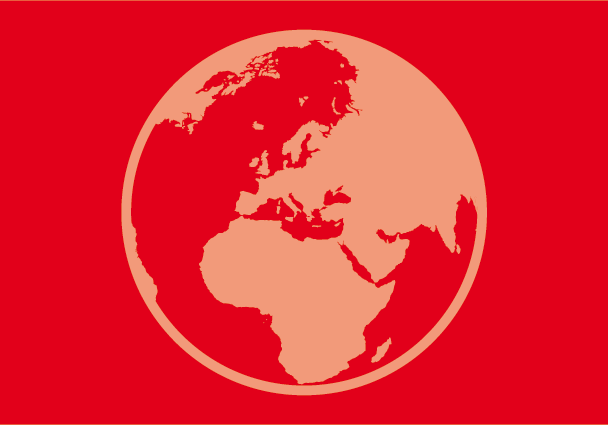
Oct 21, 2014
The ICJ, REDRESS and OMCT have submitted information to the UN Committee against Torture in advance of its examination of the combined 3rd to 5th periodic reports of the USA under the Convention against Torture and Other Cruel, Inhuman or Degrading Treatment or Punishment (CAT).
The joint submission draws the Committee’s attention to issues concerning the CIA ‘Rendition, Detention and Interrogation’ Program, detention at Guantanamo Bay, and Military Commission proceedings. It identifies key violations of the CAT, including those concerning:
- Article 13 on the right to complain of torture;
- Article 14 on the right to redress for torture and ill-treatment;
- Article 9 concerning failures to cooperate with criminal investigations in other jurisdictions;
- Article 15 on the prohibition against the use of evidence obtained by torture.
The Committee will examine the combined third to fifth periodic reports of the United States of America during its 53rd session in November 2014, following which it will adopt Concluding Observations setting out recommendations to the Government.
USA-CAT53-LegalSubmission-2014-EN (download full submission in PDF)
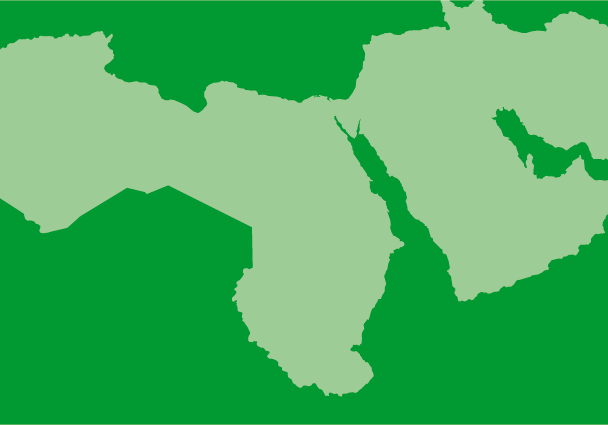
Oct 15, 2014
The ICJ has joined other non-governmental organisations to urge the HRC and its members to support a Special Session on Libya.
The aim is to establish a Commission of Inquiry or a similar mechanism to investigate individual criminal responsibility for serious abuses and violations of international human rights and violations of humanitarian law by all sides in this country.
Since May 2014, violent clashes between rival armed groups have intensified and developed into armed conflicts across Libya.
Parties to these conflicts have been responsible of grave and widespread violations of international human rights and humanitarian law.
These include direct and indiscriminate attacks on civilians and civilian objects, unlawful killings, abductions, forced displacement of civilians, torture and other ill-treatment and arbitrary detentions.
Libya-HRC Special session on accountability and HR violations-Advocacy-Open letters-2014-ENG (full text in PDF)
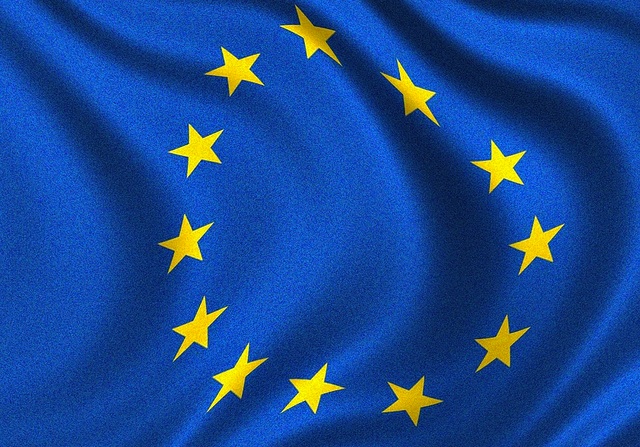
Oct 2, 2014
The International Commission of Jurists submitted today its contribution to the European Commission in the framework of the public consultation on the renewal of the EU Internal Security Strategy (“ISS”).
The contribution provides recommendations on two questions posed by the consultation, relating to (1) actions at EU level in the next five years, and (2) what is needed to safeguard European citizens when developing future EU security actions. Its starting point for this paper is the need to give continued and increased priority to protection of human rights and the rule of law, which must be central to the activities and policies of the strategy as well as security objectives themselves.
The first European Union’s ISS (“Towards a European Security Model”) was adopted in 2010 by the European Council, following the entry into force of the Lisbon Treaty and the Stockholm Programme in the Area of Freedom, Security and Justice.
In this submission, the ICJ made the following recommendations.
- The future ISS must be centred on human rights and the rule of law. In the context of a wider EU fundamental rights strategy, it must include protection of fundamental rights and the rule of law as a security objective, and must strive to ensure compliance with fundamental rights and principles of rule of law in all security related laws, policies and practices.
- The future ISS should clarify its objectives on “border management”, ensuring that issues of migration, including asylum, are not represented mainly as security issues, but as matters primarily concerned with the protection of human rights. The EU must ensure better protection of human rights in “border management”, and this should be reflected in the ISS.
- Data protection of all individuals subject to EU jurisdiction and/or affected by EU policies must be prioritized under the ISS, since large-scale violation of privacy rights poses a serious threat to the protection of rights of privacy and data protection, and therefore to security, within the EU.
- The ISS should critically evaluate its counter-terrorism strategies and the counterterrorism activities of the Member States, ensuring that fundamental rights and the rule of law are protected, in particular in regard to securing accountability and reparation for complicity in rendition and secret detention practices.
- The ISS should also include a security objective relating to justice and the rule of law, as a basis for further EU legislative protection for fair trial rights.
- The proposed European Public Prosecutor’s Office (EPPO) can play a potentially significant in fighting corruption. It will remain important to clarify the specific aim of the EPPO to ensure safeguards for human rights and the rule of law, including by providing appropriate guarantees for respect of fundamental rights.
EU-ISSSubmission-Advocacy-LegalSubmission-2014-eng (full text in PDF)
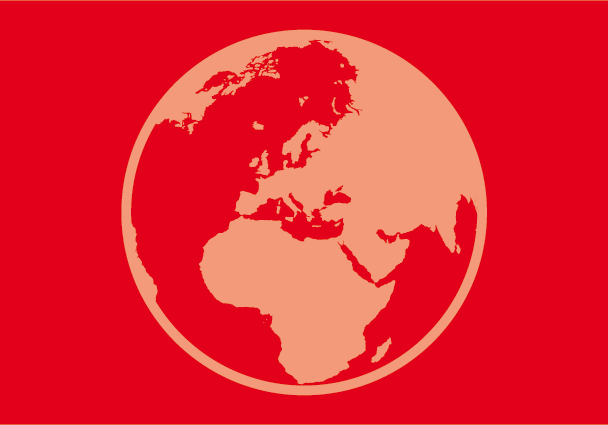
Sep 22, 2014 | Events, News
The ICJ’s Director of the International Law and Protection Programmes, Alex Conte, was today an expert member of a plenary panel of the UN Human Rights Council concerning the application of international law to the use of armed drones.
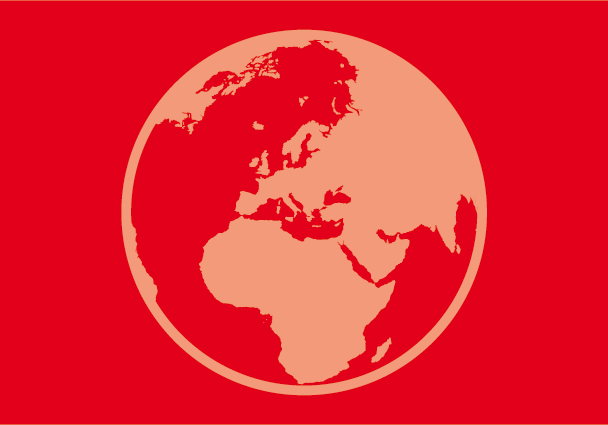
Sep 17, 2014
The ICJ joined several other international organisations in today’s open letter to the UN Human Rights Council sharing concerns about State practices of targeted killings and the use of armed drones.
The open letter urges UN Member States and the Human Rights Council to undertake several steps towards ensuring transparency, compliance with international law, meaningful oversight, effective remedies for victims and effective investigations, tracking and response to civilian harm.
The letter was sent to Permanent Representatives of Member and Observer States to the Human Rights Council ahead of the Council’s Panel on the application of international law to the use of armed drones, to be held on 22 September 2014.
HRC27-JointNGOStatement-ArmedDrones-Non-OpenLetter-2014 (download joint NGO letter in PDF)
Go to webpage with further information on the Council’s plenary panel on armed drones and international law









